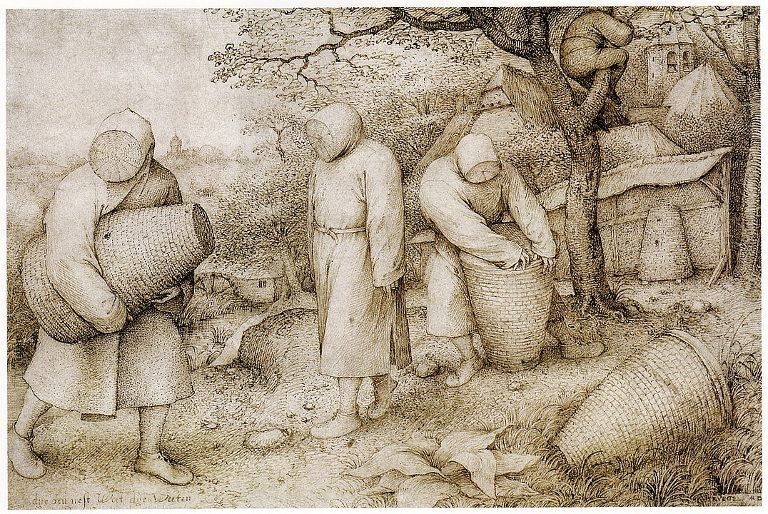In an attempt to protect themselves and others from the coronavirus, millions of people are donning plastic masks, gloves and other types of personal protective equipment. From restaurant staff to medical personnel, workers and the general public are using and discarding thousands of single-use plastic PPE every day. Often, these items end up in parks and parking lots and on front lawns and sidewalks. They’re also making their way into our oceans.
Whether the wind blows them into waterways or beachgoers carelessly toss them in the sand, masks, gloves, empty hand sanitizer bottles and other plastics are beginning to appear on the water’s surface, beaches and along the ocean floor. Conservationists have even found hundreds of masks on the uninhabited Soko Islands off the coast of Hong Kong. This new addition to the waste already littering our seas spells even more trouble for marine life and the health of ocean ecosystems.
Waste Management Dilemmas
On top of public carelessness, the vulnerable state of many waste-management systems is also adding to the dilemma. In the informal economy, waste pickers collect millions of tonnes of plastic waste each year. However, since many don’t have job security or health benefits, they’re beginning to succumb to the virus or refraining from work altogether. Subsequently, more plastic PPE is remaining in garbage dumps, increasing the likelihood of them blowing away and ending up in waterways or oceans.
Cynical Opportunism
Of course, the plastic industry isn’t helping the matter, either. Instead of encouraging people to protect themselves with washable masks and other reusable PPE, the industry has insisted that these are unsanitary. Although this statement has no medical evidence to support it, you might have listened to them out of fear for your own safety, opting to buy disposable PPE over making your own.
Exploiting people’s fears like this is a prime example of opportunism at its worst. Although plastic producers have provided necessary equipment to hospitals and those who couldn’t get their hands on reusable PPE, their motives are rather questionable.
The War On Oil
Even before plastic producers began making and distributing PPE on a large scale, production was already beginning to ramp up. Earlier this year, fuel prices dropped and the oil industry began to lose money amidst the price war between the U.S., Saudi Arabia and Russia. The coronavirus was just icing on the petrochemical cake, as it were, causing storehouses to quickly hit capacity.
With nowhere to put the excess oil, companies like Shell, ExxonMobil and BP began selling to the plastic industry. The American Fuel and Petrochemical Manufacturers group then put out a series of ads claiming they were helping protect people by providing petroleum to plastic manufacturers. Meanwhile, these facilities continue to emit approximately 850 metric tons of toxic gas annually, poisoning low-income communities, warming the planet and destroying fragile ocean ecosystems like coral reefs.
Recycling Issues
The recycling industry is also struggling financially as lockdowns and social distancing have limited operational capacities. As a result, many recycling centers have closed and people have begun tossing their PPE into the garbage. Waste treatment plants that recycle and repurpose marine waste are taking a hit as well. Subsequently, many boaters are illegally dumping their marine and plastic waste into the ocean. Of course, neither situation bodes well for our oceans.
A Threat to Wildlife
Just like any other plastic, PPE waste poses a number of risks to marine life. Obviously, gloves, masks, empty hand sanitizer bottles and other debris are choking hazards. Recently, scientists eve discovered the scent of bacteria growing on ocean debris smells like food to turtles, tempting them to indulge in masks and gloves. If the trash collects, the scent it emits may even be strong enough to lure turtles from a distance.
Additionally, PPE and masks, in particular, pose a threat similar to that of plastic six-pack rings. If a bird, turtle or other marine animal gets stuck in a face mask strap, they can easily strangle themselves and die. As the carcasses decay, the plastic remains and can choke or ensnare other animals in the future.
Sustainable Safety
With no foreseeable end to the pandemic, it’s essential that medical personnel and the general public actively use PPE. However, it’s obvious we must do something to minimize waste and reduce its effect on marine ecosystems. Luckily, sustainable options are emerging. For instance, doctors in Nebraska are beginning to sanitize surgical masks with ultraviolet light and reuse them. Elsewhere, Ford is making medical gowns from airbags. Personnel can wash and reuse these gowns up to 50 times before tossing them.
Doing Your Part
The general public is also taking cues and reducing their waste by reusing cloth masks and foregoing gloves when they shop or go out to eat, choosing to sanitize their hands, instead. While these choices may seem insignificant alone, together they help to save our oceans.
Of course, large-scale change requires green initiatives. However, in light of the pandemic, it’s likely government leaders will put recycling and sustainability on the back burner. Plus, the U.S. has a big stake in oil and plastic companies, incentivizing them to look for any excuse not to address the threat these industries pose to the oceans. Therefore, it’s important you spend your dollars wisely and reduce, reuse and recycle any way you can.
Ultimately, the fate of the oceans rests in your hands.
A 1568 painting depicting beekeepers in protective clothing, by Pieter Brueghel the Elder.





